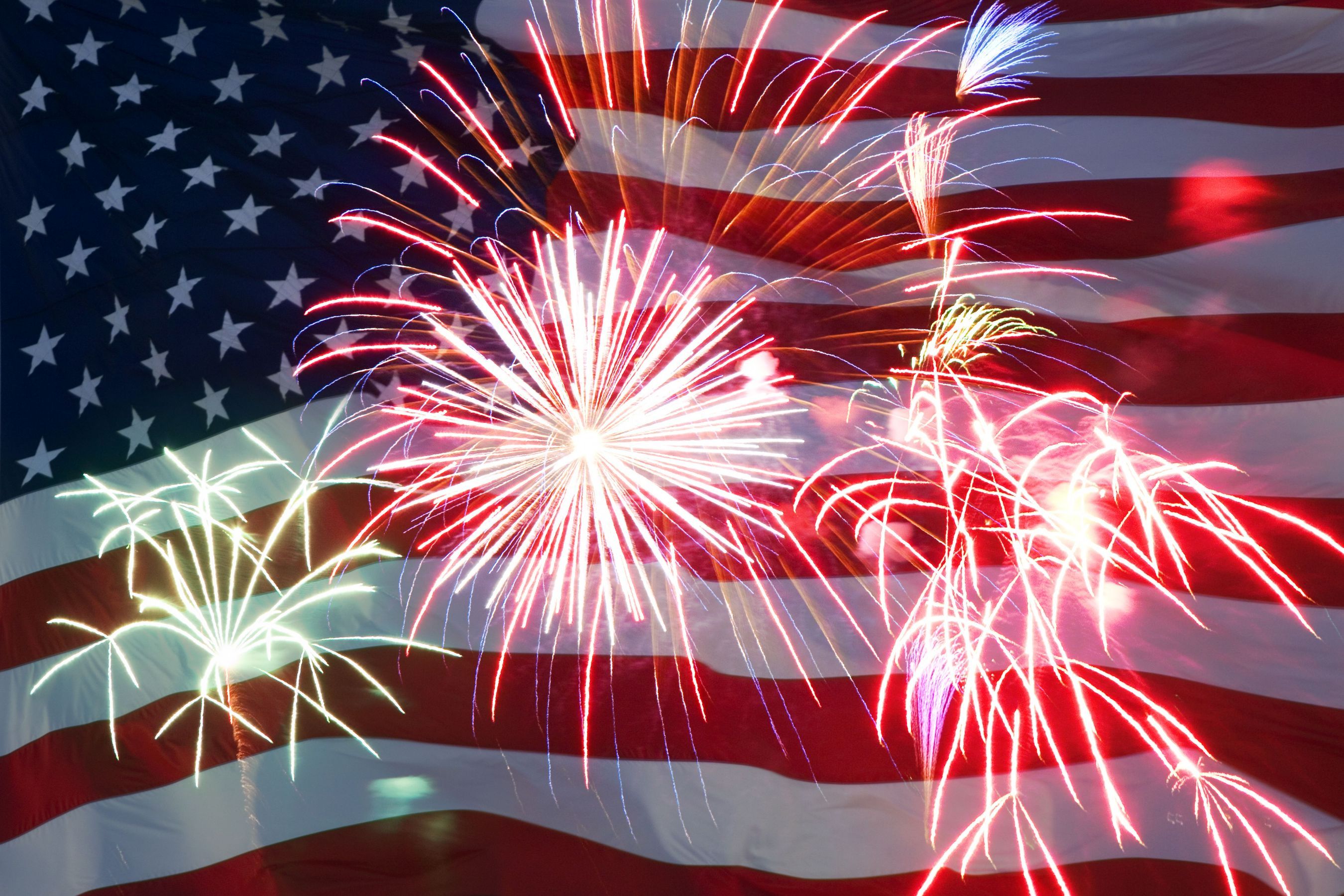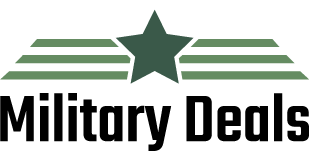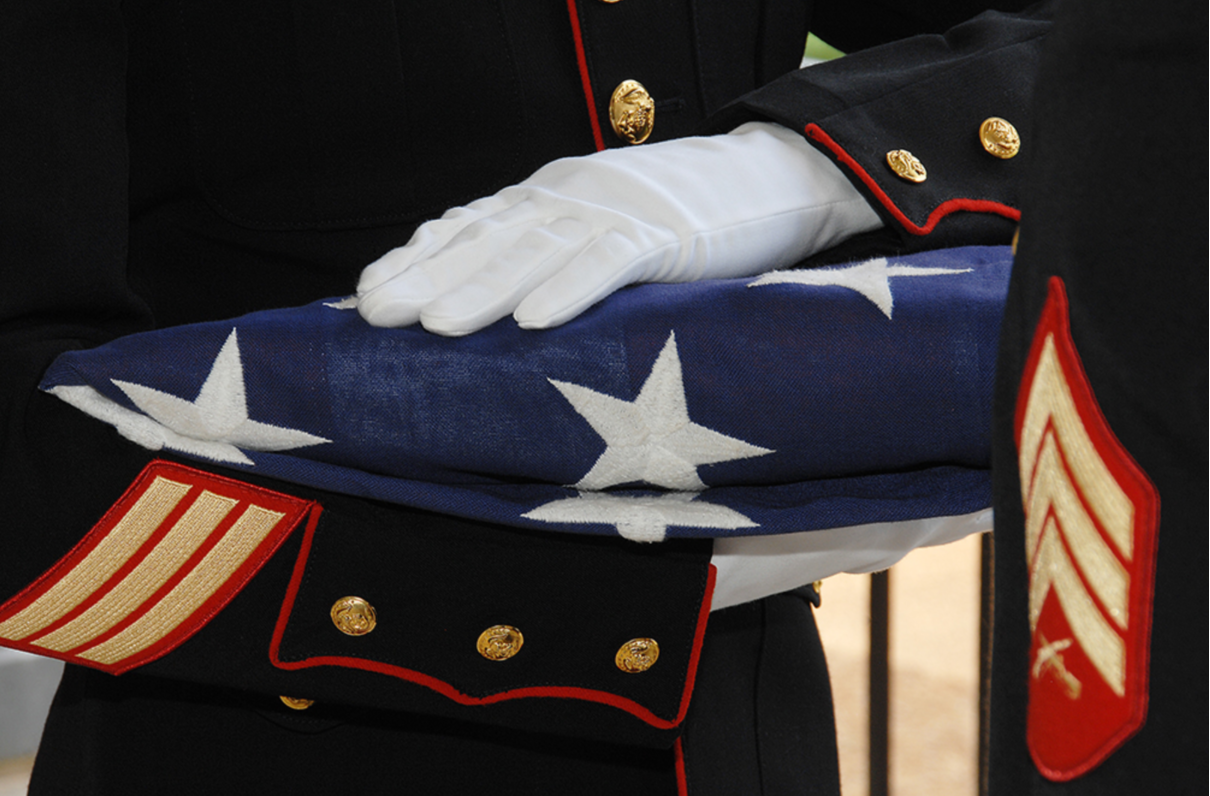
Military Discounts: 4th of July 2020
A list of 2020 4th of July free meals, freebies, discounts and deals for active duty military, veterans and retirees. Independence Day will be celebrated on Saturday, July 4, 2020. Note: For theme parks and brick and mortar locations reporting discounts be sure to check for closures and changes due to these ever-changing times. 2020 Fourth…


